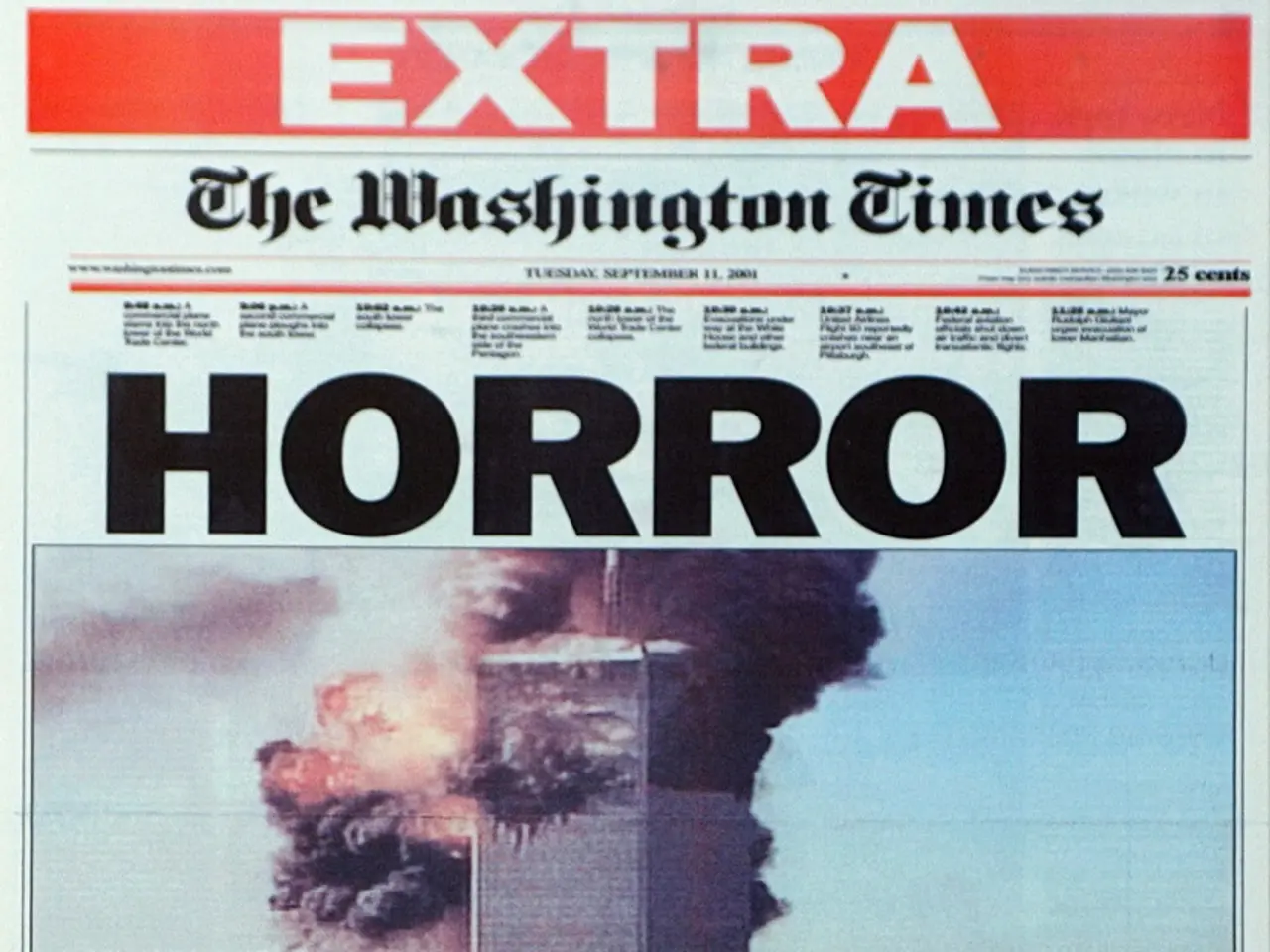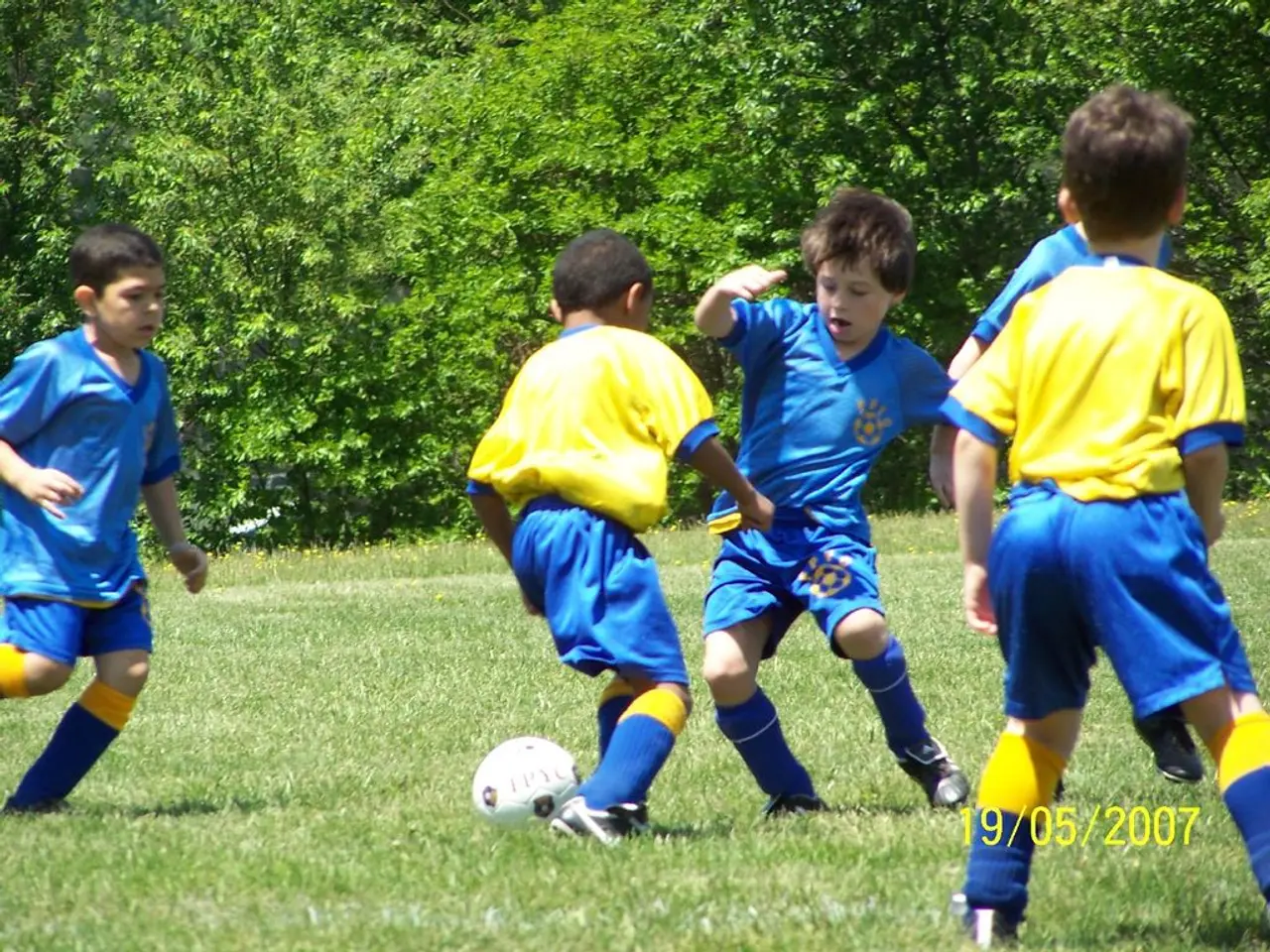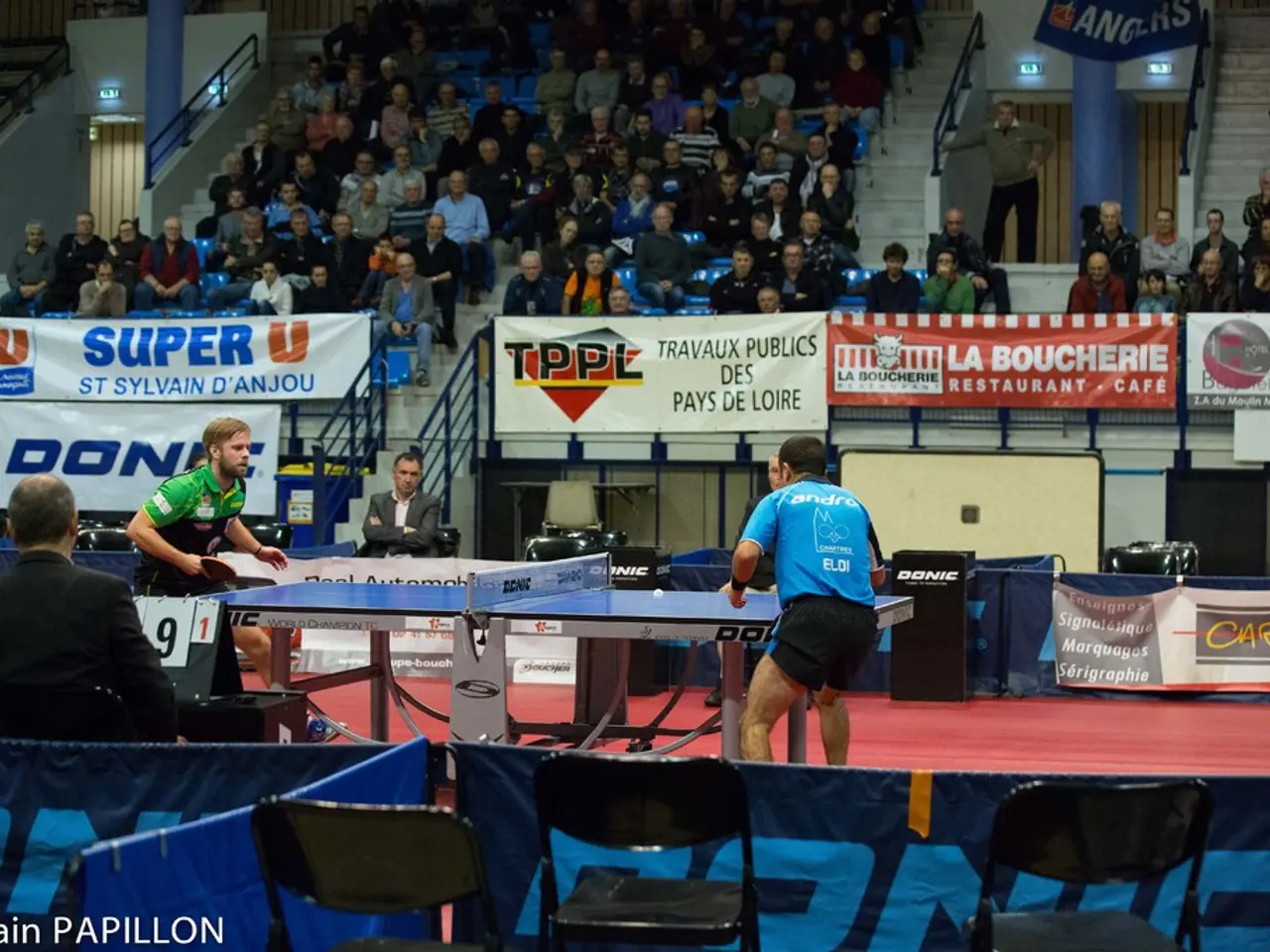Amidst a turbulent week in Los Angeles, the impacts of the Trump administration's intensified immigration enforcement actions are brought to light, showcasing the personal struggles it entails.
Under the Spotlight: The Human Cost of Trump's Los Angeles Immigration Policies
In the days before mass demonstrations and the deployment of US troops, Nancy Raquel Chirinos Medina, a Honduran asylum seeker residing in Los Angeles, received a peculiar text. The message came from the United States Immigration and Customs Enforcement (ICE) and directed her husband, a father of two, to appear at a federal building downtown with his family.
Confused and alarmed, the family followed the unexpected instructions, having their next appointment scheduled only for September. As they arrived, a sense of unease settled over them. "It was strange," recalled Chirinos Medina, herself nine weeks pregnant. Little did they know, they would soon be among nearly 20 immigrant families detained at the Los Angeles federal building on June 5th.
As night fell, her husband was arrested and transferred to an ICE detention center, facing deportation. Their young son, taking in the gravity of the situation, asked, "Dad isn't coming back, is he?" The fear was palpable on the 90-minute drive home to Lancaster. "We entered as a family of four and only three of us left," Chirinos Medina lamented. Along with her husband, Randal Isaias Bonilla Mejia, she came to the US four years ago, as they navigated the process of appealing an immigration court decision denying their asylum claim.
Meanwhile, a large banner bearing President Donald Trump's image loomed outside the Department of Agriculture, close to an Army Bradley Fighting Vehicle, showcasing the spectacle of Trump's upcoming military parade, undeterred by the escalating unrest.
The events that unfolded epitomized the human toll resulting from the Trump administration's more assertive methods to detain migrants in the United States. By arresting immigrants who attended routine check-ins and launching workplace raids, an atmosphere of fear has enveloped Southern California and beyond.
A curfew was implemented in parts of downtown Los Angeles as a response to the heated weekend protests taking place outside the very same complex of government buildings where Chirinos Medina's husband was detained.
Organized under the banner of the "No Kings" movement, demonstrations were held across the country to reject "authoritarianism, billionaire-first politics, and the militarization of our democracy," according to organizers. The tumultuous week serves as a reflection of the complex landscape of immigration in the US, with controversial enforcement actions shaping public sentiment.
Amada Armenta, an associate professor at UCLA who specializes in immigration enforcement, stated, "They are showing up with masks. They are not identifying themselves...they're sometimes quickly deporting people before they can get a lawyer, or they're moving them to other states where it's hard for them to access support."
ICE has not responded to our company's inquiry for comment regarding their ramped-up enforcement efforts.
In response to an internal email and guidance from three unnamed officials, ICE has reportedly scaled back raids and arrests targeting farms, restaurants, and hotels - industries that heavily rely on immigrant labor. The administration's shift was aimed toward arresting "noncriminal collaterals," or undocumented individuals without criminal records.
The mass detention of immigrants in Los Angeles County carries historical significance. With the city's deep-rooted immigrant activism, the intense response is not surprising.
As kids across the nation continue their summer vacations, children of immigrants in Los Angeles are battling mounting anxiety. Teachers have noted a worrying increase in fear and meltdowns among students. In the predominantly Hispanic Boyle Heights neighborhood, some parents have even stopped driving during daylight due to their light skin tone, fearing racial profiling by ICE officers.
Martha Melendrez, a psychiatric social worker from a high school in Los Angeles County, shared that the anxiety level of students has been escalating since the 2020 presidential election. Just three months ago, Melendrez recounted, immigration officers pointed a gun at one of her students during a domestic incident.
Outside an apparel warehouse in Los Angeles, where dozens of immigrants were detained on June 6th, Leslie Quechol, a concerned family member, spoke openly about the painful impact this had on her community.
"Our whole community is heartbroken, angry, and scared. We’re just seeing how our loved ones are being taken away," she explained, adding, "Our communities are under attack, basically."
While unraveling the saga of these immigration raids, one cannot help but wonder about the long-term implications of these policies on American families and communities, especially in hotbeds of immigrant activity like Los Angeles. As the impact reverberates throughout the city, it remains crucial to support and advocate for those affected by these policies, seeking justice and understanding in these unsettling times.
- On social media, the hashtag #NoKings movement gained traction, rallying support for immigrants facing Trump's assertive immigration policies in Los Angeles.
- The entertainment industry, in solidarity, acknowledged the fear, anxiety, and impact on children in the city, using their platforms to amplify calls for general news coverage and political discussion on the sensitive topic.








